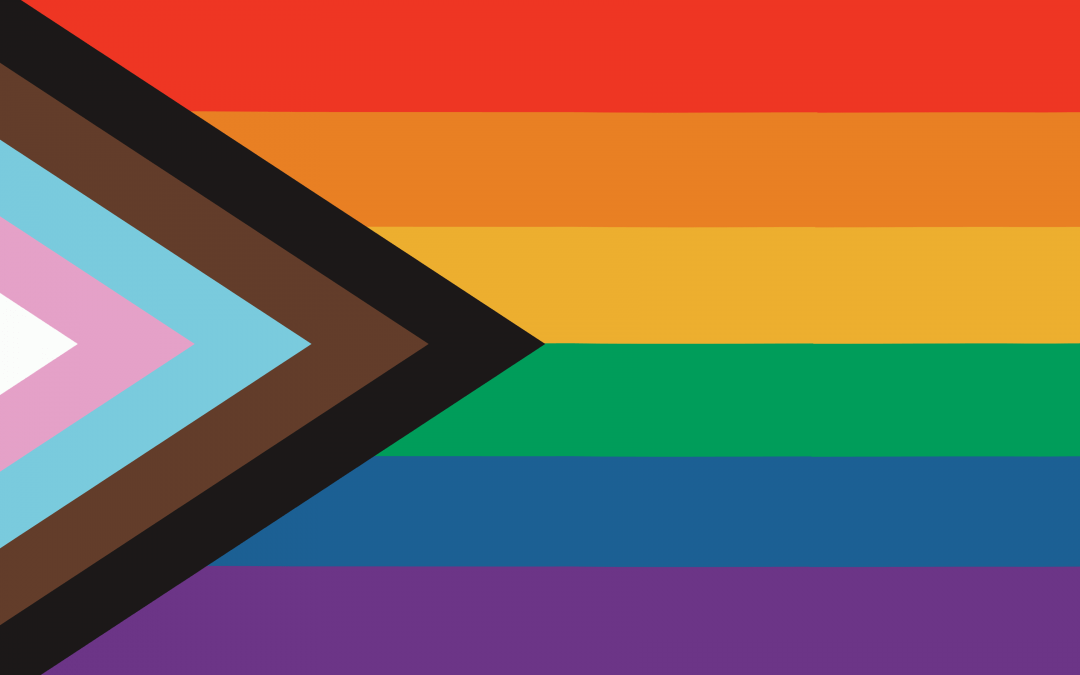Join us as we delve into the profound impact of the LGBTQIA+ community on addressing domestic violence, sexual assault, and human trafficking. Discover how Kingdom Builder’s Family Life Center, a beacon of hope and support, actively participates in the Pikes Peak Pride Festival and lends its voice to the parade. Let’s explore the intersection of advocacy, inclusivity, and empowerment.
- Unveiling the Connection: LGBTQIA+ Community and Social Issues: The LGBTQIA+ community faces unique challenges contributing to the connection with prevalent social issues like domestic violence, sexual assault, and human trafficking. Here are some undeniable connections and challenges individuals within the community may encounter: 1. Stigma and Discrimination: LGBTQIA+ individuals often experience discrimination, prejudice, and stigmatization, leading to higher vulnerability to various forms of violence and exploitation. This marginalization can prevent them from seeking help or reporting incidents, making them more susceptible to domestic violence, sexual assault, and human trafficking.
- Lack of Legal Protections: In many regions, legal protections for LGBTQIA+ individuals are inadequate or non-existent. This absence of legal safeguards can perpetuate violence and discrimination, as perpetrators may feel emboldened by a lack of consequences for their actions. It also creates barriers for survivors seeking justice and support.
- Intimate Partner Violence: LGBTQIA+ individuals can experience domestic violence in their relationships like anyone else. However, they may face additional challenges due to societal biases and the perception that violence within same-sex relationships is less prevalent. This can lead to underreporting and a lack of tailored support services.
- Hate Crimes and Targeted Violence: Hate crimes against the LGBTQIA+ community remain a significant concern. These acts of violence, ranging from physical assaults to harassment, can be motivated by prejudice and contribute to an environment of fear and insecurity.
- Institutionalized Violence: Some LGBTQIA+ individuals, particularly transgender and gender non-conforming individuals, face systemic violence and mistreatment within institutions such as the criminal justice system or healthcare settings. This can further exacerbate their vulnerability to other forms of violence.
- Social Isolation and Mental Health: LGBTQIA+ individuals often face higher rates of social isolation and mental health challenges due to discrimination, rejection, and lack of acceptance. These factors can make them more susceptible to exploitation and manipulation by traffickers or abusers.
Below, are statistics about domestic violence in the LGBTQIA+ Community:
- 43.8% of lesbian women and 61.1% of bisexual women have experienced rape, physical violence, and/or stalking by an intimate partner at some point in their lifetime, as opposed to 35% of heterosexual women.
- 26% of gay men and 37.3% of bisexual men have experienced rape, physical violence, and/or stalking by an intimate partner in their lifetime, in comparison to 29% of heterosexual men.
- In a study of male same-sex relationships, only 26% of men called the police for assistance after experiencing near-lethal violence.
- In 2012, fewer than 5% of LGBTQ survivors of intimate partner violence sought orders of protection.
- Transgender victims are more likely to experience intimate partner violence in public, compared to those who do not identify as transgender.
- Bisexual victims are more likely to experience sexual violence than people who do not identify as bisexual.
- LGBTQ Black/African American victims are more likely to experience physical intimate partner violence than those who do not identify as Black/African American.
- LGBTQ victims on public assistance are more likely to experience intimate partner violence compared to those who are not on public assistance.
Support systems are crucial in addressing these challenges and creating safer environments for the LGBTQIA+ community. This includes:
- Accessible and inclusive support services, such as helplines, counseling, and safe shelters, are tailored to the unique needs of LGBTQIA+ individuals.
- Legal protections and policies that explicitly address violence against LGBTQIA+ individuals and ensure their rights are upheld.
- Community education and awareness campaigns that challenge stereotypes, promote acceptance, and foster empathy.
- Collaboration between LGBTQIA+ organizations, community centers, and mainstream service providers to provide comprehensive support and resources.
- Advocacy for LGBTQIA+ rights and inclusion in all areas of society, including legislation, education, healthcare, and employment.
- By acknowledging and addressing the connections between the LGBTQIA+ community and these social issues, we can work towards a more inclusive and safer society for all individuals, regardless of their sexual orientation or gender identity.
Kingdom Builder’s Family Life Center plays a vital role in supporting the LGBTQIA+ community. By providing a safe and welcoming space, they empower individuals to embrace their identities, access essential support, and navigate the challenges they may face, ultimately promoting their overall well-being and resilience.
